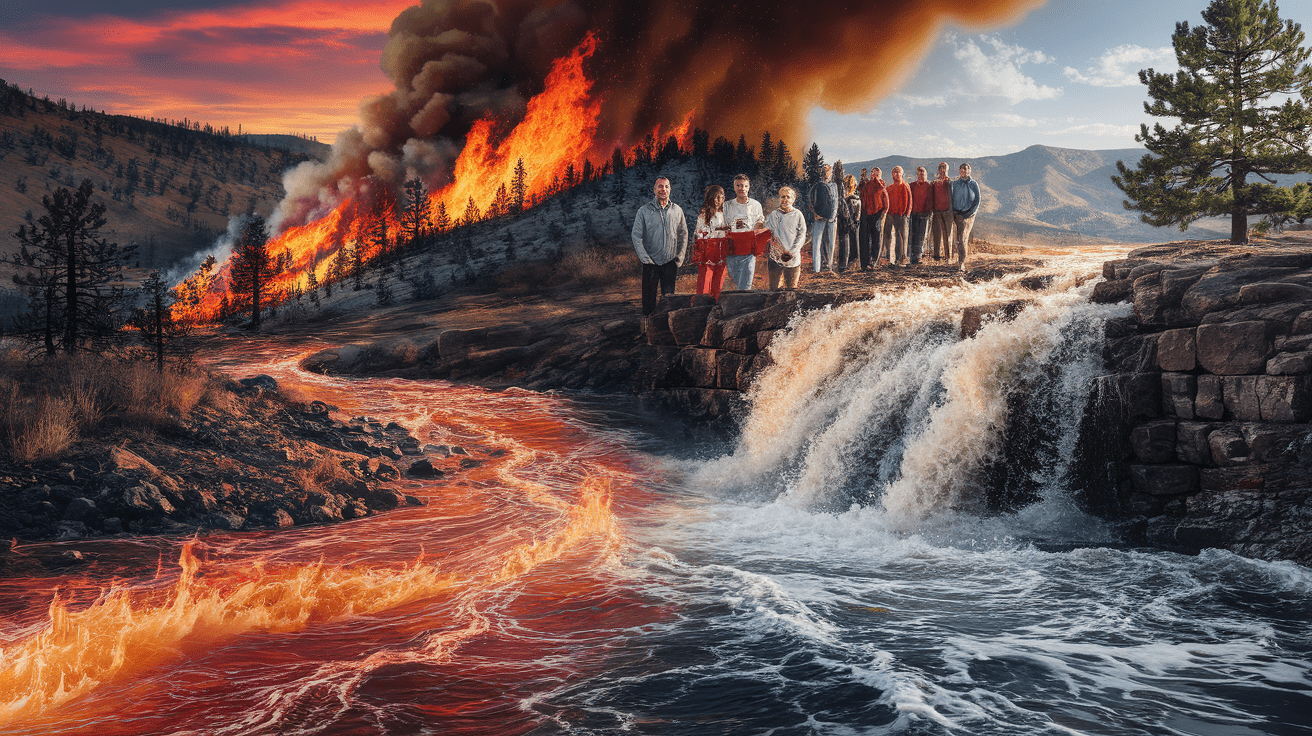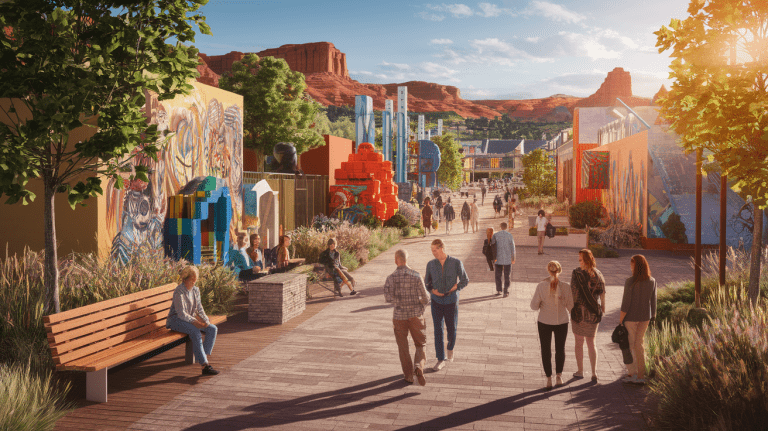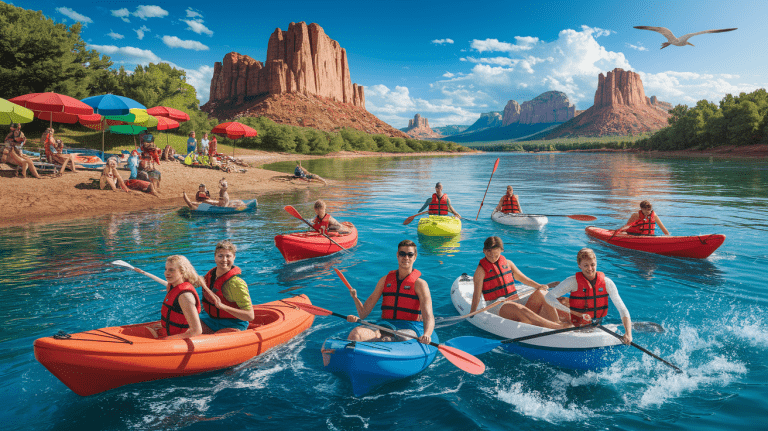Double Danger: St. George Wildfire and Flash Flood Preparedness Guide
Brace for the Double Threat
Living in St. George, Utah means enjoying gorgeous red rock vistas, proximity to Zion National Park, and a vibrant community. But here in Washington County, we also face a unique challenge — the combined risk of wildfires and flash floods. These hazards aren’t just separate concerns. After a wildfire burns away vegetation, the bare soils can’t absorb water normally. When heavy rain comes, it can trigger sudden, high-velocity flash floods carrying debris and mudflows. This dangerous connection has been explained in depth by regional reports, such as how wildfires can greatly increase flood risk in southern Utah.
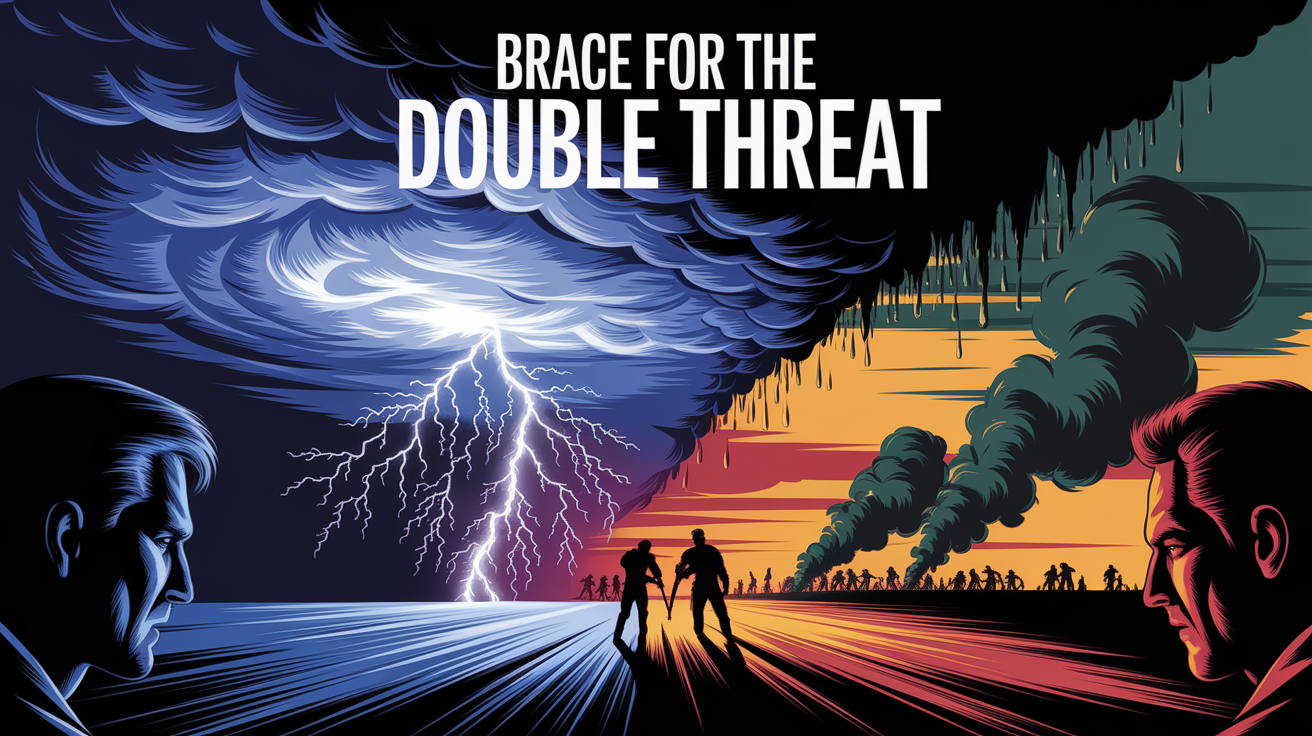
Flash floods here often happen quickly, especially in canyons and along the Virgin River. In some cases, the rain that causes the flood falls many miles away. We’ve seen in past events, like the January 2005 floods, how sudden water surges can damage homes, roads, and even change river channels overnight. Being ready for both emergencies is key to protecting lives and property.
Shield Your Home and Property
Your home is your sanctuary — but in fire and flood country, it pays to take protective steps ahead of time. In fire-prone areas of St. George and the wildland-urban interface, a little home hardening can make a big difference.
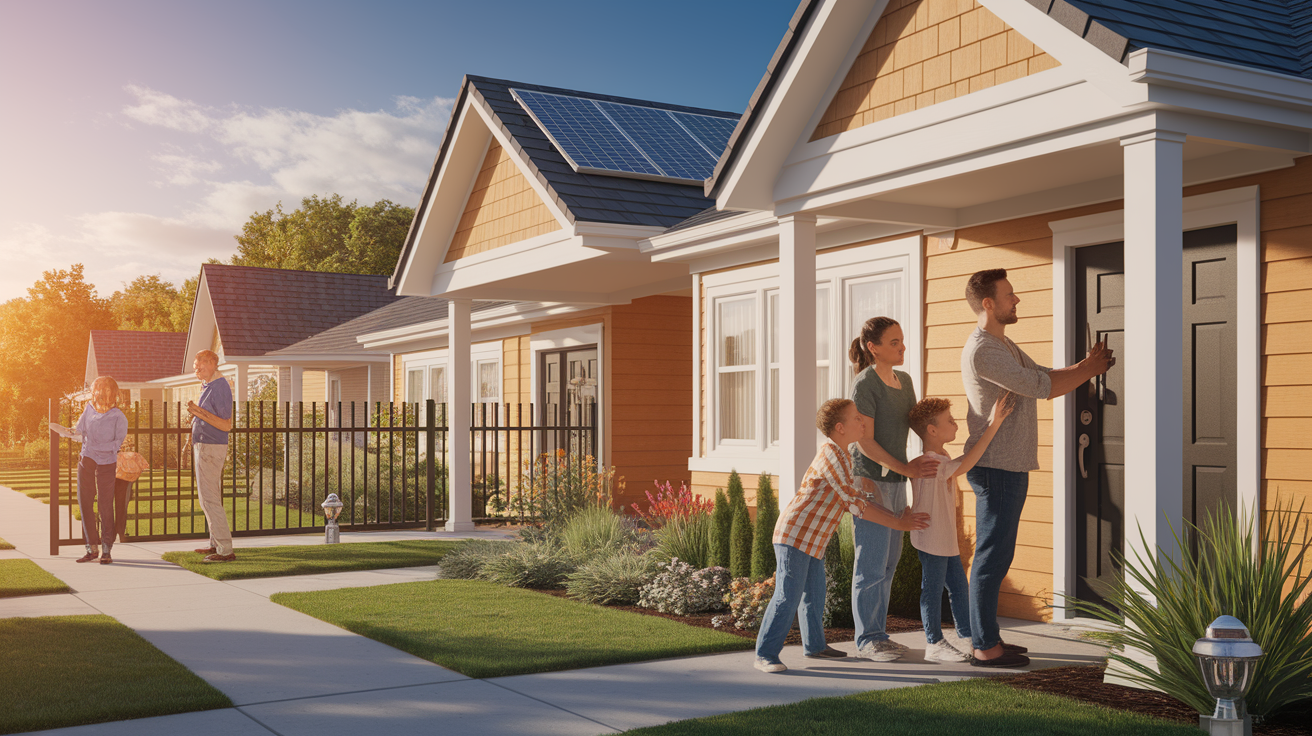
Defensible Space and Landscaping
Defensible space is the buffer you create between your home and surrounding shrubs, trees, or other fuels. In St. George, aim for at least 30 feet of cleared, well-maintained space. Consider:
- Using fire-resistant landscaping with native, low-flammability plants.
- Keeping roofs and gutters free of dry leaves and pine needles.
- Trimming tree branches at least 10 feet from structures.
Flood Protection Measures
If your property is near the Virgin River or at the bottom of a drainage area, think about:
- Maintaining proper storm water drainage systems on your property.
- Installing barriers or sandbags during heavy rain forecasts.
- Reviewing FEMA flood maps for your area and considering flood insurance, especially if your land has been affected by recent wildfires.
Plan Your Family’s Response
When an emergency strikes — whether fire or flash flood — every minute counts. Having a clear family emergency evacuation plan can save precious time.
Know Your Evacuation Routes
Identify multiple ways out of your neighborhood. During wildfires, roads toward Pine Valley Mountains or Snow Canyon State Park may close quickly, so learn alternative routes. For floods, avoid low-lying areas and arroyo crossings, even if water looks shallow.

Pack an Emergency Supply Kit
Store it in an easy-to-grab location. Include:
- Water and non-perishable food
- First-aid supplies and necessary medications
- Flashlight, extra batteries, and a weather radio
- Important documents in a waterproof container
- Basic tools, blankets, and a change of clothes
Plan for Special Needs
Consider the needs of pets, young children, or family members with mobility challenges. Assign responsibilities so everyone knows their role when it’s time to leave.
Stay Informed and Act Fast
Information is one of your best defenses. The National Weather Service and Utah Division of Emergency Management offer timely alerts for fire weather conditions and flash flood warnings.

- Sign up for Washington County’s emergency alert system.
- Monitor forecasts during monsoon season and wildfire season.
- Pay close attention to warnings upstream if you’re near the Virgin River — floods can travel fast with no local rain.
- Never ignore an evacuation order — leaving early keeps you safer and supports emergency response teams.
This is especially important in areas with recent burn scars, where the risk of flash floods remains high for years after fire.
Thrive Beyond the Storm and Flames
Preparedness isn’t just about surviving a crisis — it’s about feeling confident you can face the next one. Engage with community resources like Ready.gov or the American Red Cross for advanced training. Volunteer with local wildfire mitigation projects in Dixie National Forest or Snow Canyon State Park to strengthen neighborhood defenses.

After an emergency passes, check on neighbors, share information about available emergency shelters, and take steps to repair and restore. By combining personal precautions with a community-first attitude, St. George can continue to grow and thrive despite the double danger of fire and flood.

